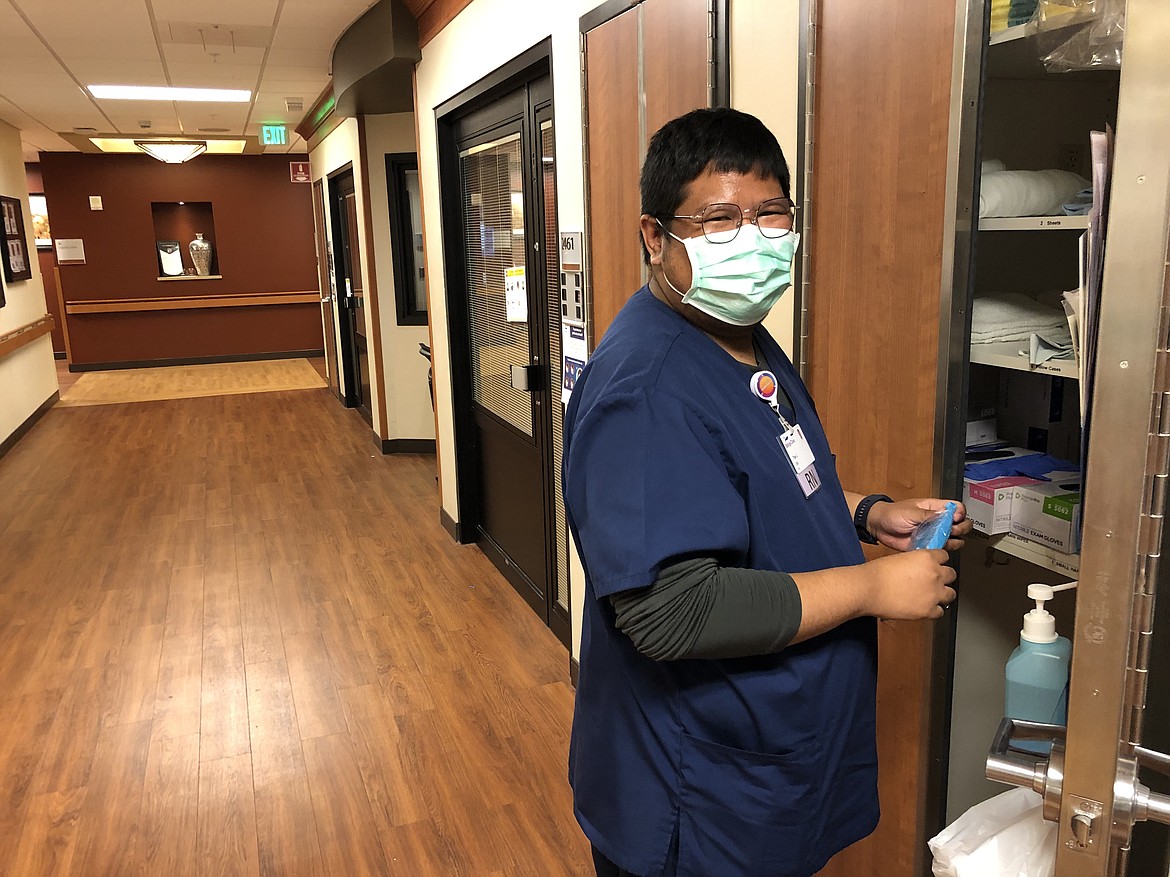Hospitals recruit international nurses to fill shortages
BILLINGS, Mont. — Before Mary Venus was offered a nursing job at a hospital here, she’d never heard of Billings or visited the United States. A native of the Philippines, she researched her prospective move via the internet, set aside her angst about the cold Montana winters and took the job, sight unseen...
Become a Subscriber!
You have read all of your free articles this month. Select a plan below to start your subscription today.
Already a subscriber? Login




